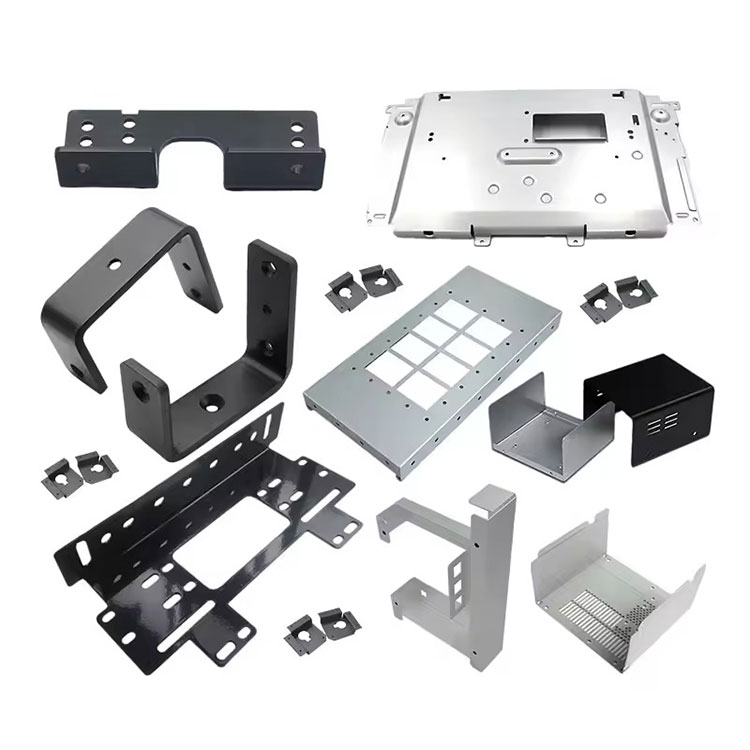Exploring the Key Attributes and Materials of CNC Turning Accessories
2024-06-04
CNC (Computer Numerical Control) turning is a precision machining process that relies heavily on specialized accessories to achieve the desired results. From high-quality cutters and fixtures to tool holders and workholding devices, CNC turning accessories play a crucial role in the success of any turning operation. In this blog, we'll explore the key attributes and materials commonly used for CNC turning accessories.
Key Attributes of CNC Turning Accessories
Precision: CNC turning is a highly precise process, and the accessories used must meet stringent tolerance requirements. Accurate tool positioning, fixture alignment, and workpiece holding are essential for achieving the desired surface finish and dimensional accuracy.
Durability: CNC turning accessories are subject to significant wear and tear during operation. They must be made from materials that can withstand high cutting forces, heat, and vibration without breaking or deforming.
Compatibility: Different CNC turning machines and operations require different types of accessories. It's important to ensure that the accessories you choose are compatible with your machine and its specifications.
Ease of Use: Accessories that are easy to install, adjust, and maintain can significantly improve the efficiency of CNC turning operations.
Materials Commonly Used for CNC Turning Accessories
High-Speed Steel (HSS): HSS is a popular material for CNC turning tools due to its high hardness, wear resistance, and ability to maintain sharp cutting edges. It's suitable for machining a wide range of materials, including ferrous and non-ferrous metals.
Carbide: Carbide tools are even harder than HSS, offering exceptional wear resistance and longer tool life. They're often used for machining hard materials like stainless steel and titanium.
Ceramics: Ceramic tools are renowned for their extreme hardness and high thermal stability. They're ideal for high-speed machining applications where heat generation is a concern.
Tool Steels: Tool steels, such as alloy steels and stainless steels, are commonly used for fixtures, tool holders, and workholding devices. These materials offer excellent strength, toughness, and corrosion resistance.
Aluminum and Plastics: Lightweight materials like aluminum and plastics are sometimes used for CNC turning accessories that don't require extreme strength or durability. They're suitable for non-critical applications where cost is a significant factor.
Conclusion
Choosing the right CNC turning accessories is crucial for achieving precise, efficient, and cost-effective machining operations. By understanding the key attributes and materials commonly used for these accessories, you can make informed decisions that will help you get the best possible results from your CNC turning machine. Remember to consider compatibility, durability, precision, and ease of use when selecting your accessories, and always consult with your machine's manufacturer or a qualified machinist for specific recommendations.



